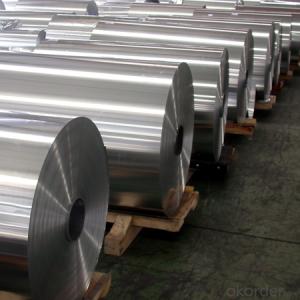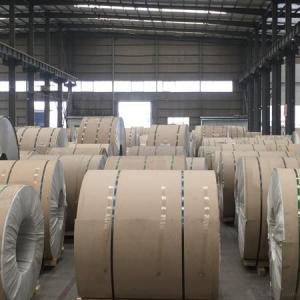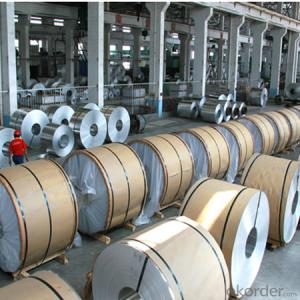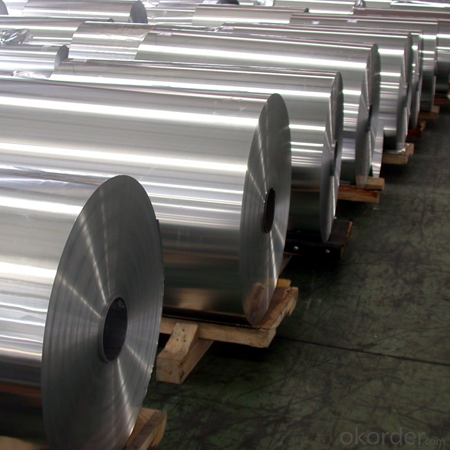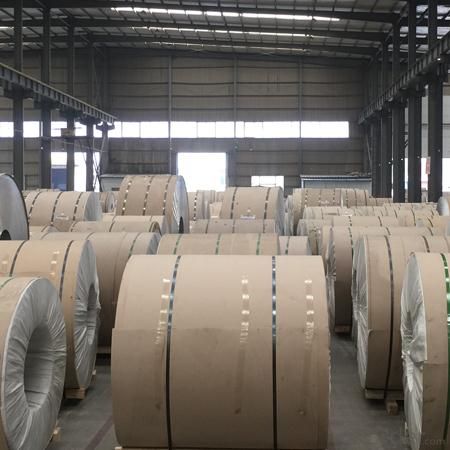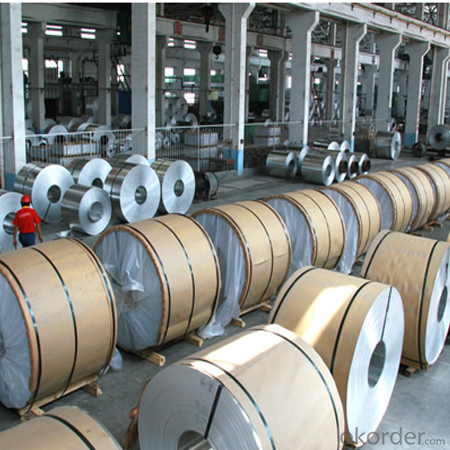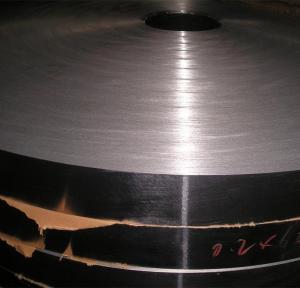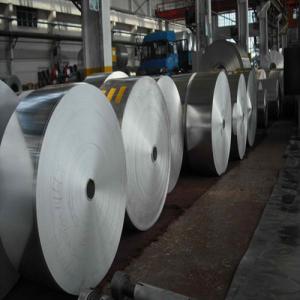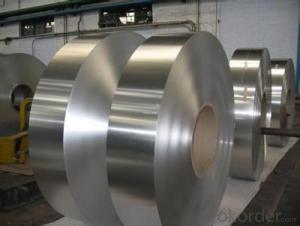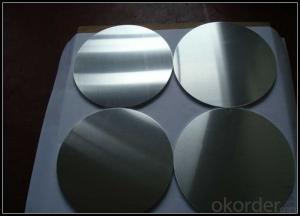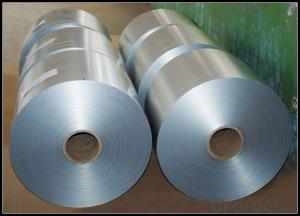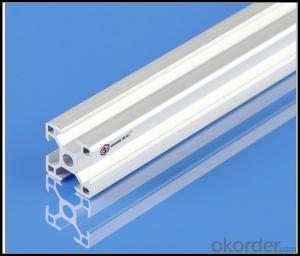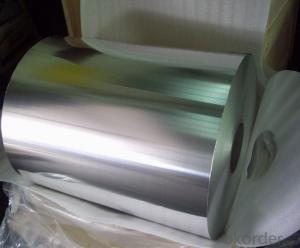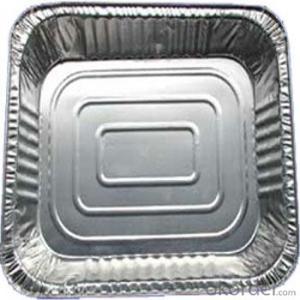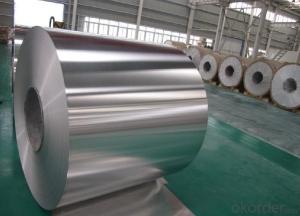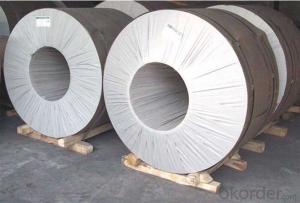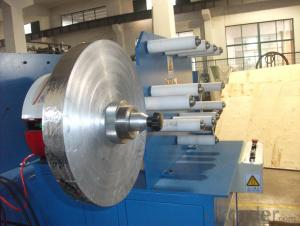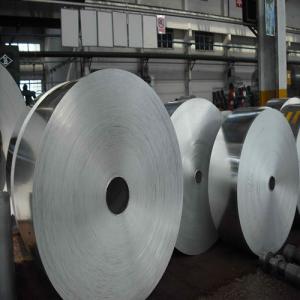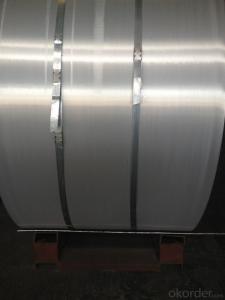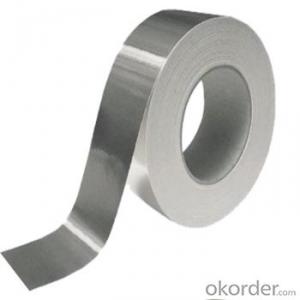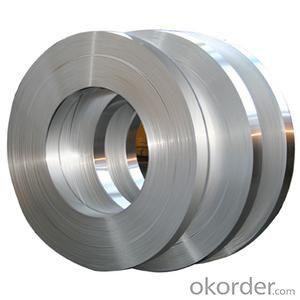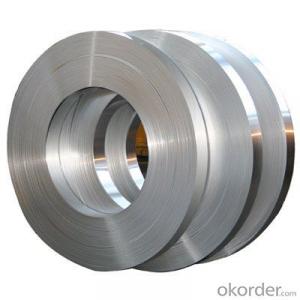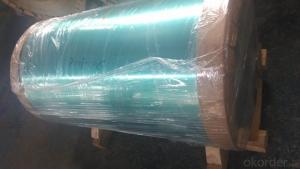Aluminum Ceiling Strips 8011 8011A 8A06 8079 8006 Foil Material
- Loading Port:
- Shanghai
- Payment Terms:
- TT OR LC
- Min Order Qty:
- 5 m.t.
- Supply Capability:
- 1000 m.t./month
OKorder Service Pledge
OKorder Financial Service
You Might Also Like
Specification
aluminum foil 8011 8011A 8A06 8079 8006 foil material
Main Specification:
Alloy:1235/8011/8079
Temper:H14/H16/H24/H26
Thickness:0.2mm-0.3mm
| Product Name | aluminum coil |
| Alloy No. | 1050, 1060, 3003, 5052, etc |
| Thickness | 0.02-100 mm |
| Width | 40-2550 mm |
| Length | 100-6000 mm |
| Application | Gutter, constructions, decorations, air conditioning and radiators etc. |
| Package | Eye to wall or eye to air |
| MOQ | 3MT |
Applications
Super performance, 40u foil tape. Ideal for sealing joints / seams against moisture and vapor on foil jacketing insulation. Suitable for many other permanent sealing, holding, splicing or masking applications requiring the protection offered by a foil backing.Auminum foil can be divided by shape rolled aluminum foil and sheet of aluminum foil.Aluminum foil deep processing of wool roll most is supply, only a handful of handicraft industry with flake aluminum foil packing occasions.
1) What is your delivery time?
Our regular production time is over 30 days, It depends on the order quantity also.
2) What is your payment term?
We accept T/T, LC at sight, Usance LC 30, 60, 90, 120, 180 DAYS.
3) What is your price structure?
Our foil price is based on Shanghai Metal Price(SMM), not LME, but we could offer LME+ Conversion for your reference.
4) What is your Delivery term?
We do FOB, CFR, CIF, we don't do DDP
.
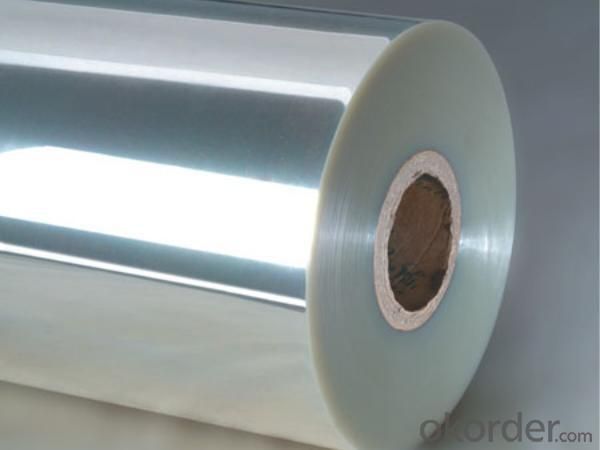
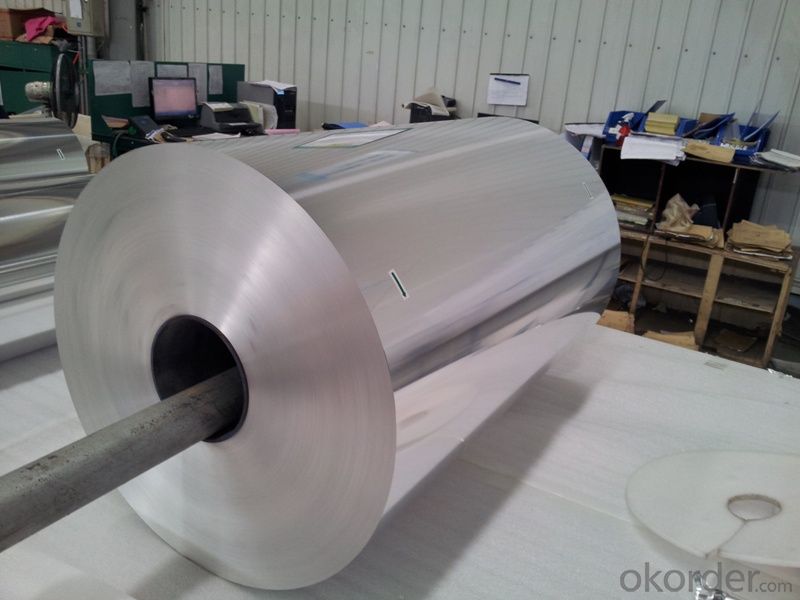
- Q: What benefits can be gained from incorporating aluminum strips in construction projects?
- <p>Aluminum strips offer several advantages in construction, including high strength-to-weight ratio, which means they are strong yet lightweight. They are also resistant to corrosion, making them suitable for outdoor applications and harsh environments. Aluminum strips are easy to work with, allowing for easy installation and customization. They are also energy-efficient, as they reflect heat and can help reduce cooling costs. Additionally, aluminum is recyclable, contributing to sustainability and reducing waste.</p>
- Q: 25 square metres of aluminium wire. Can you bring up 4 sets of two air conditioners?
- Temporary use, no problem.Aluminum wire easy oxidation aging, it is recommended copper wire.
- Q: This question asks about the environmental effects of utilizing products made from recycled aluminum.
- <p>Using recycled aluminum products has several positive environmental impacts. It conserves natural resources by reducing the need for mining new aluminum, which is energy-intensive and can lead to habitat destruction. Recycling aluminum uses only 5% of the energy required to produce aluminum from raw materials, significantly reducing greenhouse gas emissions. Additionally, it decreases waste in landfills, as aluminum is infinitely recyclable without losing quality. This process also reduces water pollution and soil degradation associated with mining activities. Overall, the use of recycled aluminum products contributes to a more sustainable and environmentally friendly economy.</p>
- Q: Is it possible to utilize aluminum strips in outdoor settings?
- <p>Yes, aluminum strips can be used for outdoor applications. They are known for their corrosion resistance, making them suitable for outdoor environments where they may be exposed to various weather conditions. Aluminum's durability and lightweight properties also make it a popular choice for outdoor construction and decoration. However, it's important to ensure that the aluminum is properly treated or coated to enhance its resistance to weathering and maintain its appearance over time.</p>
- Q: Describe how the weight of an aluminum strip compares to other common roofing materials.
- <p>An aluminum strip is significantly lighter than many other roofing materials. It weighs approximately 1.5 to 2.5 pounds per square foot, depending on the thickness and profile. In contrast, asphalt shingles can weigh between 2.5 to 4.5 pounds per square foot, while concrete tiles can be as heavy as 7 to 10 pounds per square foot. Clay tiles are also heavier, typically ranging from 6 to 8 pounds per square foot. This makes aluminum strips an attractive option for those seeking a lightweight roofing solution.</p>
- Q: What steps or criteria should I use to determine if an aluminum strip is suitable for my specific application?
- <p>To determine if an aluminum strip is safe for your application, consider the following: 1) Check the alloy type for its specific properties like strength, corrosion resistance, and temperature tolerance. 2) Ensure it meets the required mechanical properties such as tensile strength and yield strength. 3) Verify its chemical composition to avoid any adverse reactions with other materials in your application. 4) Confirm its compliance with industry standards relevant to your field. 5) Conduct tests for fatigue, stress corrosion cracking, and other relevant properties. 6) Consult with suppliers or material scientists for their recommendations based on your application's specific needs.</p>
- Q: This question asks about the differences between aluminum and stainless steel in terms of their ability to resist corrosion.
- <p>Yes, there are differences between aluminum and stainless steel in terms of corrosion resistance. Aluminum is highly resistant to corrosion due to the formation of a protective oxide layer on its surface, which prevents further oxidation. This makes it suitable for environments with high moisture or exposure to corrosive substances. Stainless steel, on the other hand, also has good corrosion resistance, especially when it contains higher amounts of chromium, which forms a passive film that protects the metal from corrosion. However, stainless steel can be more susceptible to corrosion in certain environments, such as those with chlorides, compared to aluminum.</p>
- Q: Can aluminum strips be utilized as materials for car body panels?
- <p>Yes, aluminum strips can be used for car body panels. Aluminum is known for its lightweight, high strength, and corrosion resistance, making it an ideal material for automotive applications. It offers better fuel efficiency due to reduced weight and improved safety due to its strength. Additionally, aluminum's recyclability makes it an environmentally friendly choice. However, it's important to note that aluminum requires different manufacturing techniques compared to traditional steel, and it may be more expensive.</p>
- Q: Explain the use of aluminum strips in the automotive industry briefly.
- <p>Aluminum strips are widely used in the automotive industry due to their lightweight, corrosion resistance, and high strength-to-weight ratio. They are commonly used in the manufacturing of car bodies, engine parts, and heat exchangers. Aluminum strips are also utilized in the production of wheels, where their lightweight nature contributes to improved fuel efficiency and performance. Additionally, they are employed in the construction of radiators, air conditioning systems, and various electrical components due to their excellent thermal conductivity and electrical properties. The use of aluminum strips in automotive applications helps reduce vehicle weight, which in turn enhances fuel economy and reduces emissions.</p>
- Q: This question asks about the impact of aluminum strips on the thermal insulation properties of a building.
- <p>Aluminum strips can significantly affect the insulation of a building by reflecting heat and light, reducing the amount of heat that is absorbed by the building's structure. This reflective property helps to keep the interior cooler in summer and can reduce the load on air conditioning systems. However, if not properly insulated, aluminum strips can also lead to heat loss in winter, as they can reflect heat back out of the building. Proper installation with insulation materials can maximize the benefits of aluminum strips in maintaining a comfortable indoor temperature while conserving energy.</p>
Send your message to us
Aluminum Ceiling Strips 8011 8011A 8A06 8079 8006 Foil Material
- Loading Port:
- Shanghai
- Payment Terms:
- TT OR LC
- Min Order Qty:
- 5 m.t.
- Supply Capability:
- 1000 m.t./month
OKorder Service Pledge
OKorder Financial Service
Similar products
Hot products
Hot Searches
Related keywords
